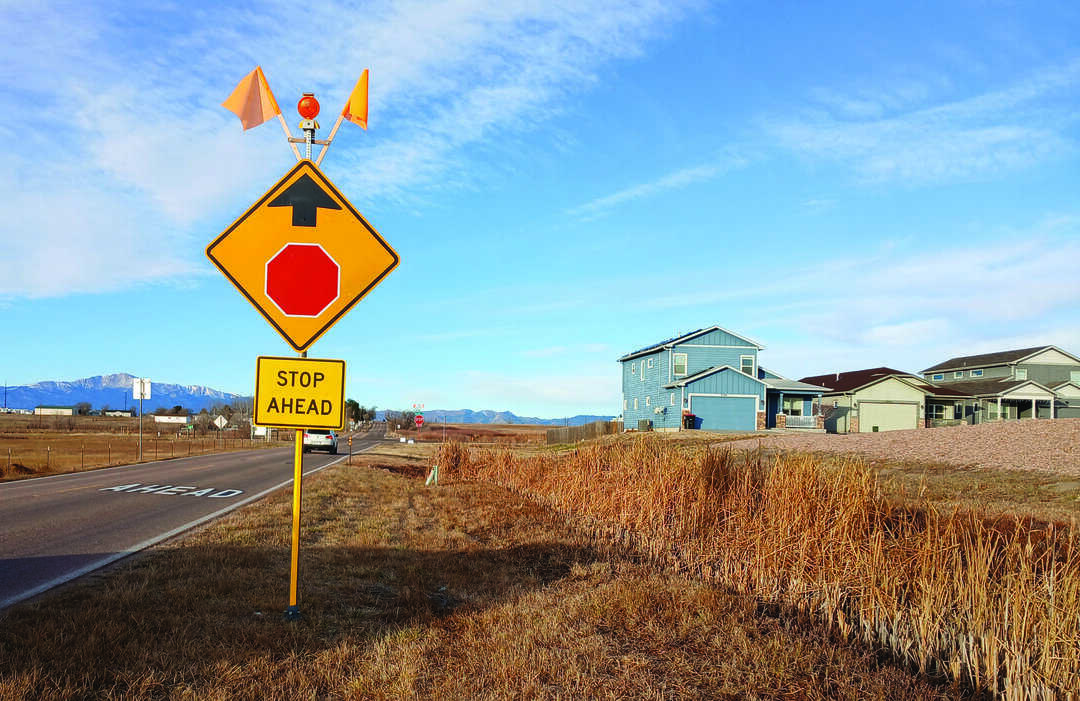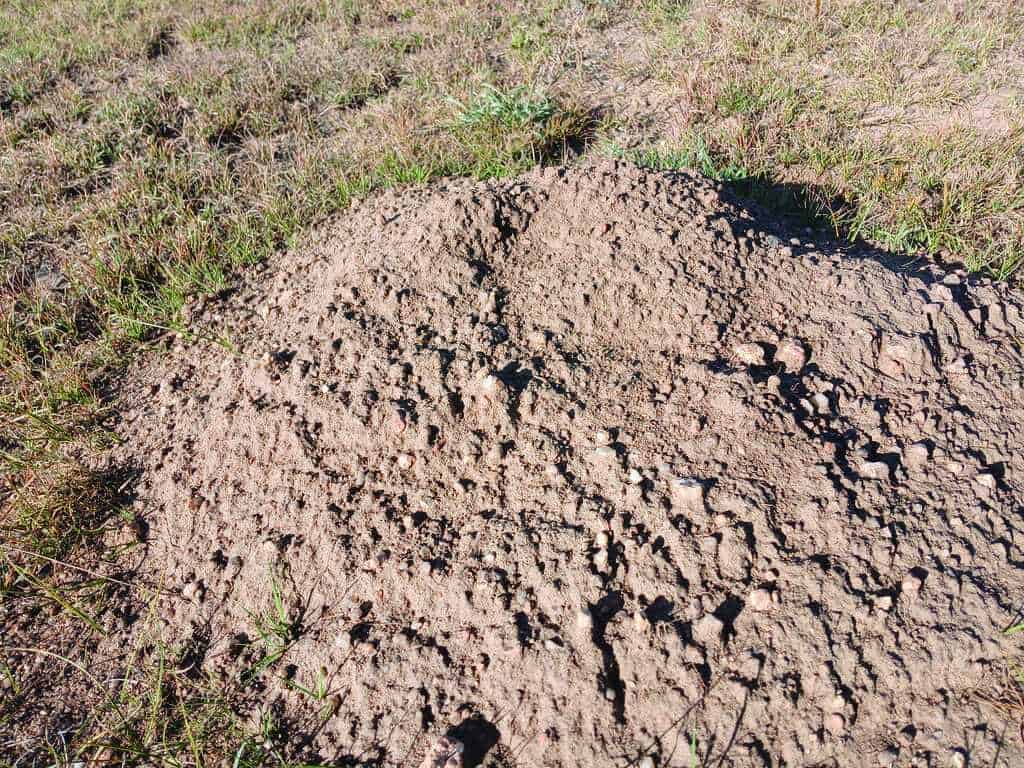Longtime local journalist Bill Radford and his wife, Margaret, live on 5 acres in the Falcon area with ducks, chickens, rabbits, dogs, cats, two noisy parrots, goats and two horses. Contact Bill at billradford3@gmail.com.
Various types of tomatoes, peppers, corn and beans. Lettuce. Beets. Carrots. Radishes. Kale. Cucumbers. Raspberries.To list everything that our son, Ryan, is growing in his Detroit-area garden would fill this entire space. Needless to say, he is finding Michigan to be a gardener’s paradise, with summer temperatures that typically aren’t too extreme (although the state was caught in the big heat wave last month), plenty of rain and an inexhaustible supply of compost provided free by his town.Colorado? Not so much. Ryan has always had a green thumb and certainly had his successes gardening here. But between late-season freezes, hail and ravenous grasshoppers ó particularly out here on the prairie ñ- it was always an uphill battle.It’s a battle that my wife, Margaret, and I are no longer waging ñ- at least not this summer. After gardens of varying ambitions in varying locations in past years, Margaret is growing a few tomato plants and some kale, and that’s it. The site of our big garden over the last two summers is now home to our 12-foot, Intex above-ground pool.Gardening in Colorado can be tricky, acknowledges a Colorado State University Extension fact sheet. “Due to the high elevation, sunlight is frequently of high intensity and the humidity generally is low,” the fact sheet states. “These features, along with rapid and extreme weather changes and frequently poor soil conditions, make for challenges in growing plants.”But all is not lost. “Gardeners who are patient, know how to select plants that will do well, and manipulate the soil and microclimate will be amply rewarded,î according to the fact sheet.Falcon resident Connie Hamblin, aka “Granny in the Garden,” teaches gardening classes at the El Paso County Fair and elsewhere through the Pikes Peak Library District. Instead of giving up, discouraged gardeners should garden differently, she advised.She advocates a no-till, layering method known as “Back to Eden.” To prepare the site, you don’t till, but simply cut grass and weeds short and water thoroughly. “Turning the soil and tilling ruins the soil basically,” Hamblin said.Cover the site with four layers of newspaper or other paper. Wet that, then follow with 6 inches of compost ó Hamblin recommended cow manure-based compost ó or soil. Plant your seeds into the compost, then top with 6 to 8 inches of wood chip mulch. Soak that layer as well. “Make sure it’s good and wet,” Hamblin cautioned.After that, though, there will be little need to water the garden, she said. You won’t need to weed, either. “You just have to watch it. People are amazed.”Hamblin, a lifelong gardener, has been using the Back to Eden method for three years. “And every year, it has just gotten better,î she said. Hamblin and others planted a Back to Eden garden in Calhan ahead of July’s county fair that will remain there as a community garden. (She is also a fan of straw bale gardening, an easy alternative to building raised beds.)As for the persistent threat of hail, there is an easy solution, Hamblin said: hail netting, available at garden shops by the yard. “You have to have hail netting here,” she said. (Ryan protected his gardens here with hail netting, but there appears to be no need for it in Michigan.)And the grasshoppers? “Get yourself some molasses and a little bit of water,” Hamblin recommended. Fill containers with the mix of molasses and water ó websites I found recommend 10 parts water to one part molasses ó and place around the garden. The grasshoppers, attracted by the sugar in molasses, will jump in but won’t be able to hop back out. “They love molasses,” Hamblin said.Chickens can help with the grasshopper problem, but they can also do damage to the garden, Hamblin noted. (We thought this spring of getting guinea fowl, which apparently are tireless, grasshopper-eating machines, but decided against it because they can also be quite noisy.)Also, if you’re feeding wild birds in your neighborhood, stop, Hamblin said. If you don’t feed the birds, they’ll be more likely to feast on the grasshoppers.”I’m anti-bird feeder,” she said.





